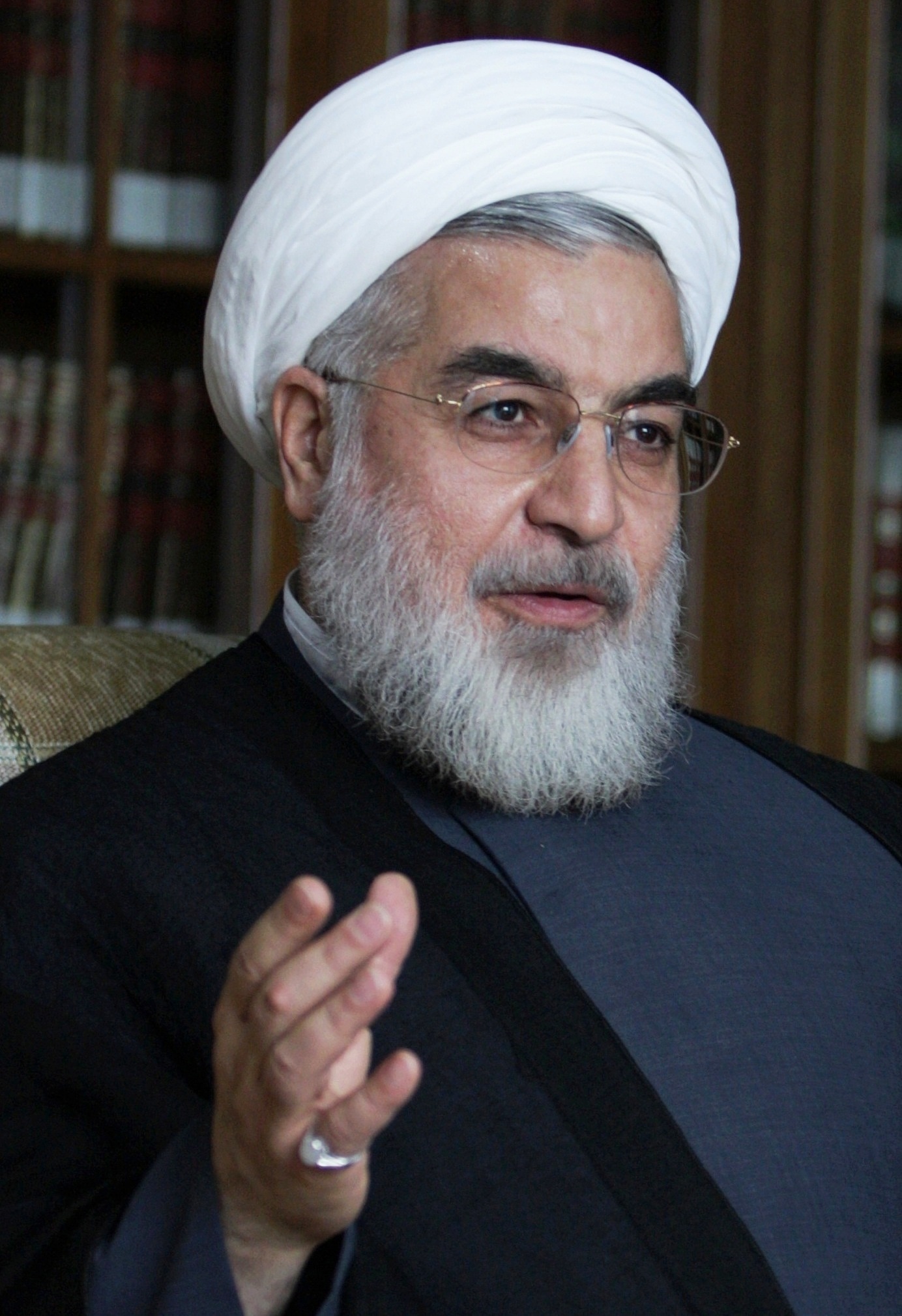Garrett Nada
Hassan Rouhani, head of Iran’s Supreme National Security Council for 16 years from 1989 to 2005, declared his candidacy for president on April 11. Born in 1948, he also served as the lead nuclear negotiator in earlier rounds of diplomacy with European powers.
 The conservative cleric told supporters at a campaign rally that he would seek “constructive interaction with the world,” but did not offer specifics.
The conservative cleric told supporters at a campaign rally that he would seek “constructive interaction with the world,” but did not offer specifics. Rouhani “favors solving the nuclear issue through talks,” Mahmoud Vaezi, a former deputy foreign minister, told the Associated Press. Rouhani presided over negotiations with Britain, France and Germany that led to Iran’s suspension of uranium enrichment from 2003 to 2005.
But hardliners earlier charged that Rouhani was too accommodating in the negotiations. He resigned after President Mahmoud Ahmadinejad took office in 2005. Rouhani is widely considered to be more pragmatic compared to the principlists (fundamentalists) who dominate the growing field of presidential candidates.
Rouhani has extensive security credentials, like many of the candidates contesting the June presidential election. He was appointed to high-ranking positions during the 1980-1988 war with Iraq. Rouhani then served as head of the Supreme National Security Council under former presidents Ali Akbar Rafsanjani (1989-1997) and Mohammad Khatami (1997-2005).
The cleric is a senior member of the Expediency Council, a powerful government body that resolves disputes between parliament and the Guardian Council.
The following are remarks by Rouhani on the June election.
“My goals will be restoring the economy, promoting morality and relations with the world…I will build [a] government of prudence and hope… Iran is in the middle of sensitive days, hard days…because of regional and international situations as well as sanctions…” I will seek “constructive interaction with the world…and prepare a “civil rights charter…”
“We need new management for the country but not based on quarrelling, inconsistency and eroding domestic capacity, but through unity, consensus and attracting honest and efficient people…”April 11, at a campaign rally according to the Associated Press and Iranian news agencies
“[Those] making important decisions will encounter serious problems if parties are not empowered and do not find their [rightful] place… Parties can play a valuable role in the society...” March 10, according to Iranian news media
“The new government will have many challenges and the new president’s job will be very tough… At least in the area of economy, the new government will face great problems…
Anybody who wants to stand as a candidate in the upcoming presidential election should work out a solution and present practical plans for these problems… In many elections, especially presidential elections, the campaign climate have been bipolar but this time it will definitely be multi-polar...” January 22, in an interview with Mehr News Agency
Anybody who wants to stand as a candidate in the upcoming presidential election should work out a solution and present practical plans for these problems… In many elections, especially presidential elections, the campaign climate have been bipolar but this time it will definitely be multi-polar...” January 22, in an interview with Mehr News Agency
Garrett Nada is a Program Assistant at USIP in the Center for Conflict Management.
Photo Credit: By Mojtaba Salimi (Own work) [CC-BY-SA-3.0 (http://creativecommons.org/licenses/by-sa/3.0 )], via Wikimedia Commons
Online news media are welcome to republish original blog postings from this website in full, with a citation and link back to The Iran Primer website (www.iranprimer.com) as the original source. Any edits must be authorized by the author. Permission to reprint excerpts from The Iran Primer book should be directed to permissions@usip.org
